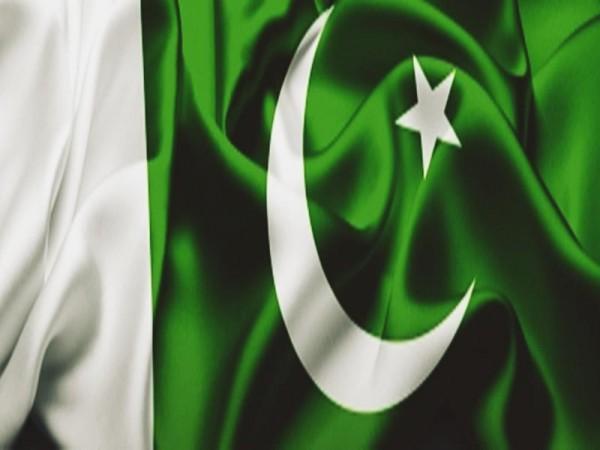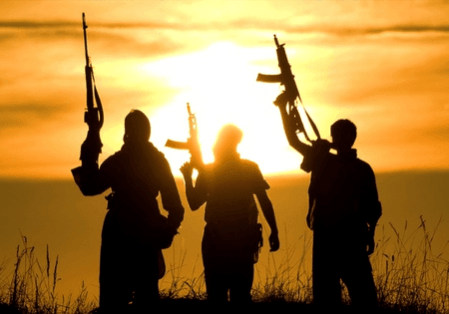
Not owning up to its own nationals who enter other countries as terrorists has been a speciality of Pakistan. While India has complained about it for long and still continues to, the same problem appears to have cropped up for Afghanistan as well.
Talks between Pakistan and Afghanistan which have entered into an uneasy truce are failing on many fronts. While issues relating to the Durand Line have been the major bone of contention, Afghanistan is now complaining that Pakistan does not want to take its nationals back.
For many years several Pakistani terrorists have been operating in Afghanistan. The Afghan security officials have made several arrests as these people were undertaking acts of terror. However, during the talks, Pakistan flatly refused to take back these nationals and insisted that they remain in Afghanistan.
During the talks Afghanistan said that these terrorists of Pakistan nationality will be deported. Pakistan however did not agree to the same. Instead Islamabad insisted Kabul reins in these elements within Pakistan and they should not be deported.
This has become a flash point during the talks and peace between the two nations remains a far cry still.

Indian officials say that this is a classic Islamabad tactic. Pakistan has for years been sending its nationals to India to undertake terror attacks. However each time one of them has been arrested, Pakistan has denied that these are their nationals.
India, too, has on several occasions offered the deportation of Pakistani nationals. Islamabad has always rejected the claim stating that these persons are not their nationals.
When Ajmal Kasab, carried out the Mumbai 26/11 attacks along with 9 other terrorists, Pakistan refused to accept that he was their national. In fact when they were sent in, they were given Hindu identities and also told to wear saffron threads on their wrists. When some persons in the Pakistan media exposed the real identity of Kasab, the ISI made sure that everything was covered up. In fact his entire family was hidden from the world so that the real identity would not get exposed.
Pakistan has without proof been accusing Afghanistan of shielding and backing the Tehreek-e-Taliban, Pakistan (TTP). This has been a major stand off point between the two nations and Kabul has flatly rejected these allegations.
Kabul has accused Pakistan of sending in terrorists into the country with the aim of carrying out attacks. Recently, Afghanistan accused Pakistan with proof that it was training its nationals to be part of the Islamic State Khorasan Province (ISKP). Pakistan joined hands with the ISKP to counter the TTP. In return, Pakistan has promised to train and send its nationals to join the ISKP to fight against the Taliban in Afghanistan.
Now that many Pakistani nationals have been arrested, Islamabad is refusing to agree to their deportation. If they agree, it would become clear that Pakistan is training terrorists to fight in Afghanistan. Hence Pakistan wants to avoid that embarrassment and is insisting that they be tried and jailed in Afghanistan itself.
While Pakistan has been denying this, Taliban spokesperson Zabihullah Mujahid said that during the negotiations that took place in Istanbul, the Islamic Emirate had offered to deport individuals who Pakistan considers to be a threat.
This was, however, rejected by Pakistan. Officials in India say that despite stating that these persons are a threat, Pakistan has refused their deportation and this is only because of their nationality. Deporting these individuals would expose Pakistan's duplicity as its own nationals are the ones creating trouble, the official also added.
Analysts say that on the peace front, the troubles between the two countries are unlikely to end anytime soon. There is too much mistrust between the two sides and issues such as these are only making matters worse for the relations between the two nations.
(With inputs from IANS)

















